
Vietnamnet
2144 newsArticles by author
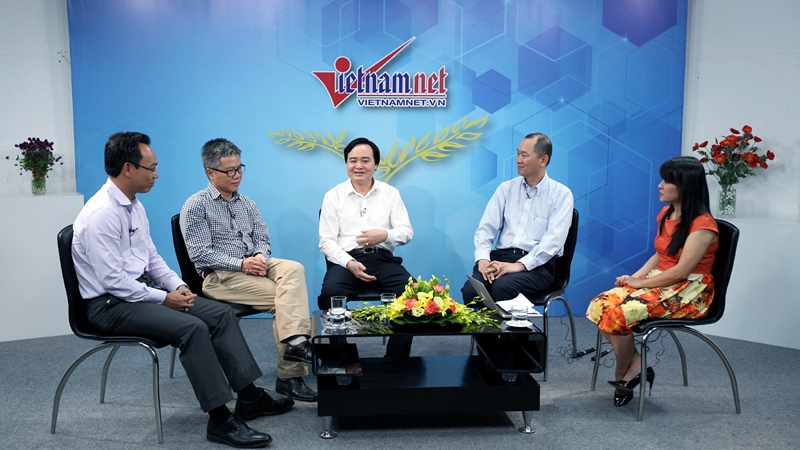
Education Minister, experts discuss how to attract Vietnamese overseas talent
Scholars and experts have met at an online roundtable at VietNamNet recently to discuss the thorny issue of attracting Vietnamese overseas talent.

Is Vietnam’s retail market no longer attractive?
he departure of the former owners of Big C and Metro Cash & Carry supermarkets is expected to intensify competition in the retail field.
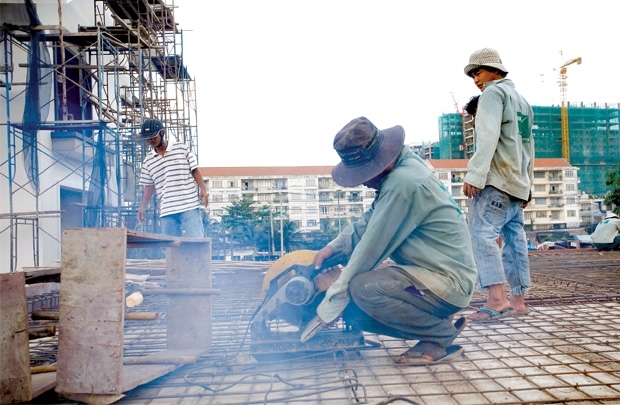
Time to inject money into real estate
Real estate firms’ shares have become more attractive to investors as the property market recovery is expected to reap big profits.
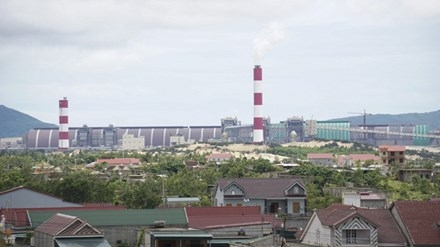
Formosa to operate six chimneys, raising concerns about air pollution
The Ministry of Natural Resources and the Environment (MONRE) says that Formosa is about to begin operating six out of 23 chimneys on a trial basis.
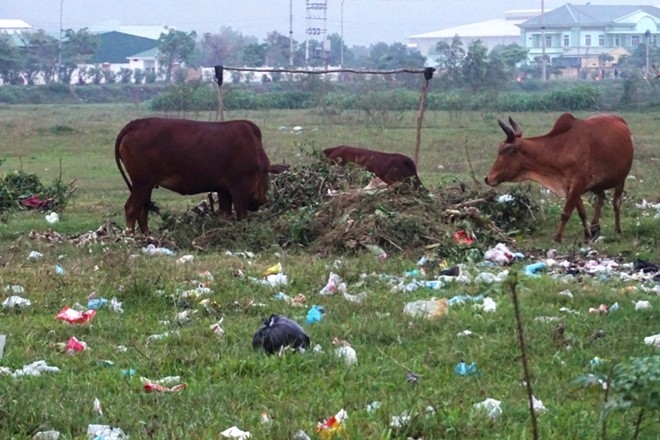
Mekong Delta: Many industrial zones built, but others left idle
Many industrial zones (IZs) have been built in the Mekong Delta and more will be built in accordance with approved plans, but some IZs have been left idle.
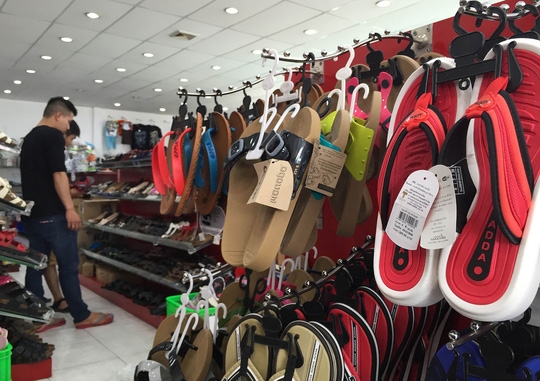
Vietnamese goods still cannot penetrate ASEAN market
Seven months after the ASEAN Economic Community (AEC) was officially established, the Vietnamese market is flooded with Thai and Malaysian goods. But Vietnamese goods are still largely absent from the ASEAN market.
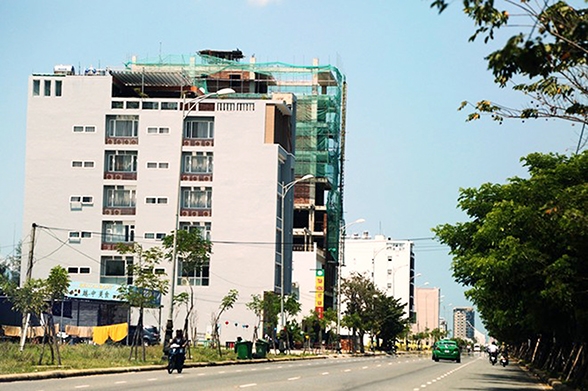
Foreigners acquire land easily as many loopholes exist
The fact that Chinese businesses play tricks to obtain land in ‘sensitive areas’ in Vietnam has raised concerns about security and national defence.
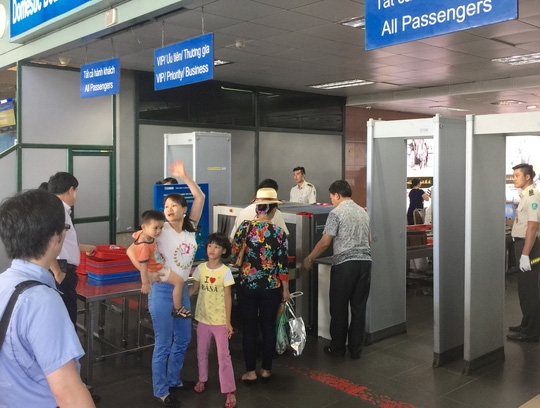
Who will take care of aviation security?
Airports Corporation of Vietnam's (ACV) transition to a joint stock company may affect aviation security, some experts believe.
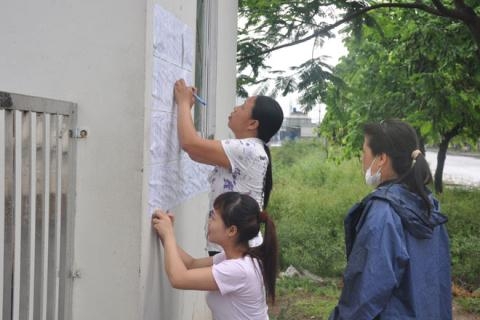
State management agencies issue warrants for “missing” foreign investors
Local planning and investment departments have released a series of warrants looking for foreign investors after discovering that they had disappeared from their given addresses.

If taxed, will Chinese traders be able to control the farm produce market?
Chinese traders buy farm produce from Vietnamese businesses, but don’t pay tax. As a result, VASEP has sent a dispatch to the Ministry of Finance, proposing to tax Chinese traders.
